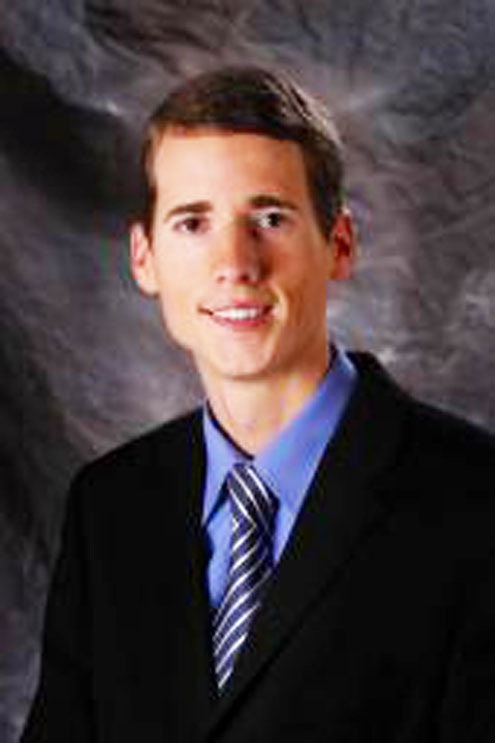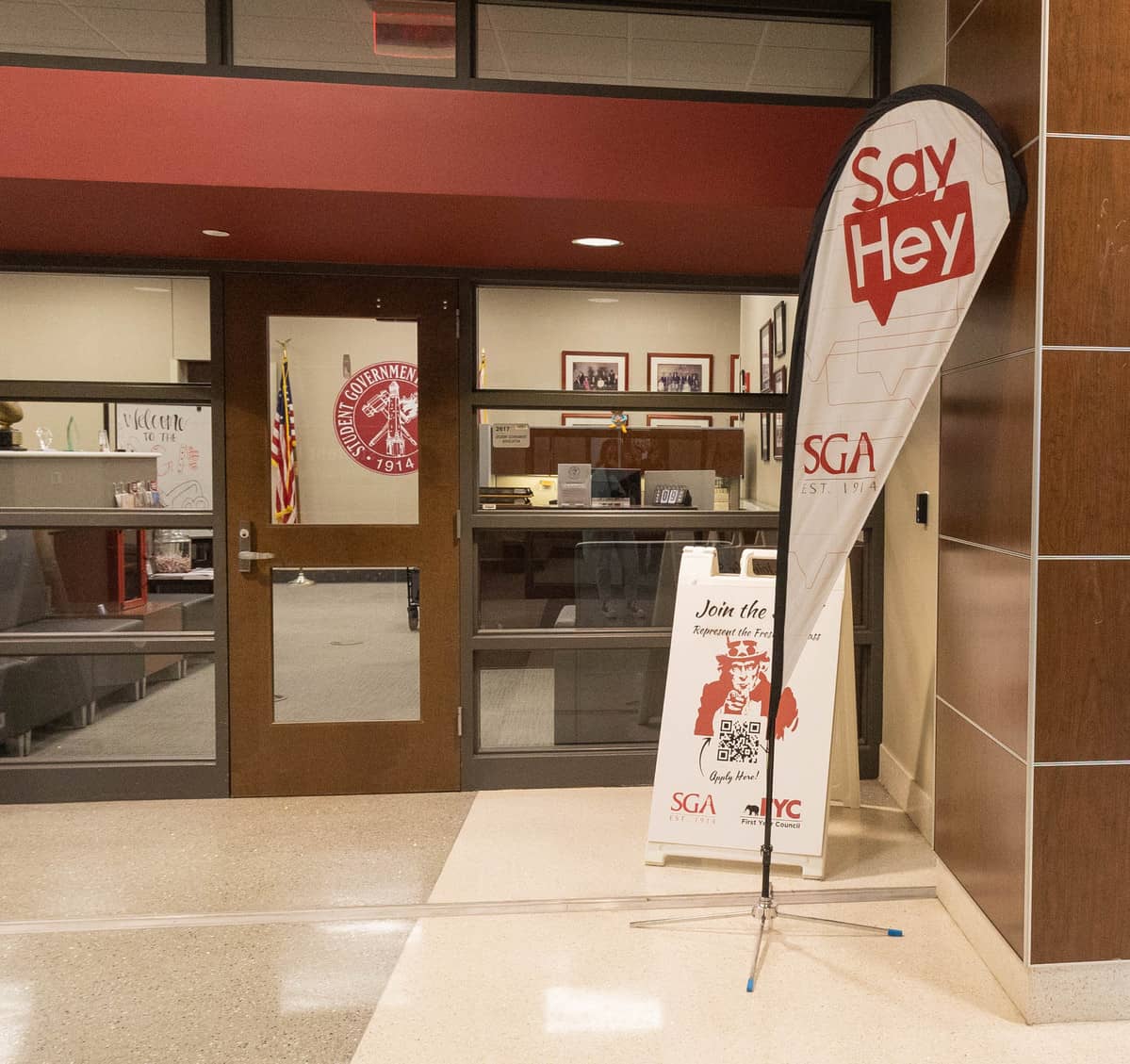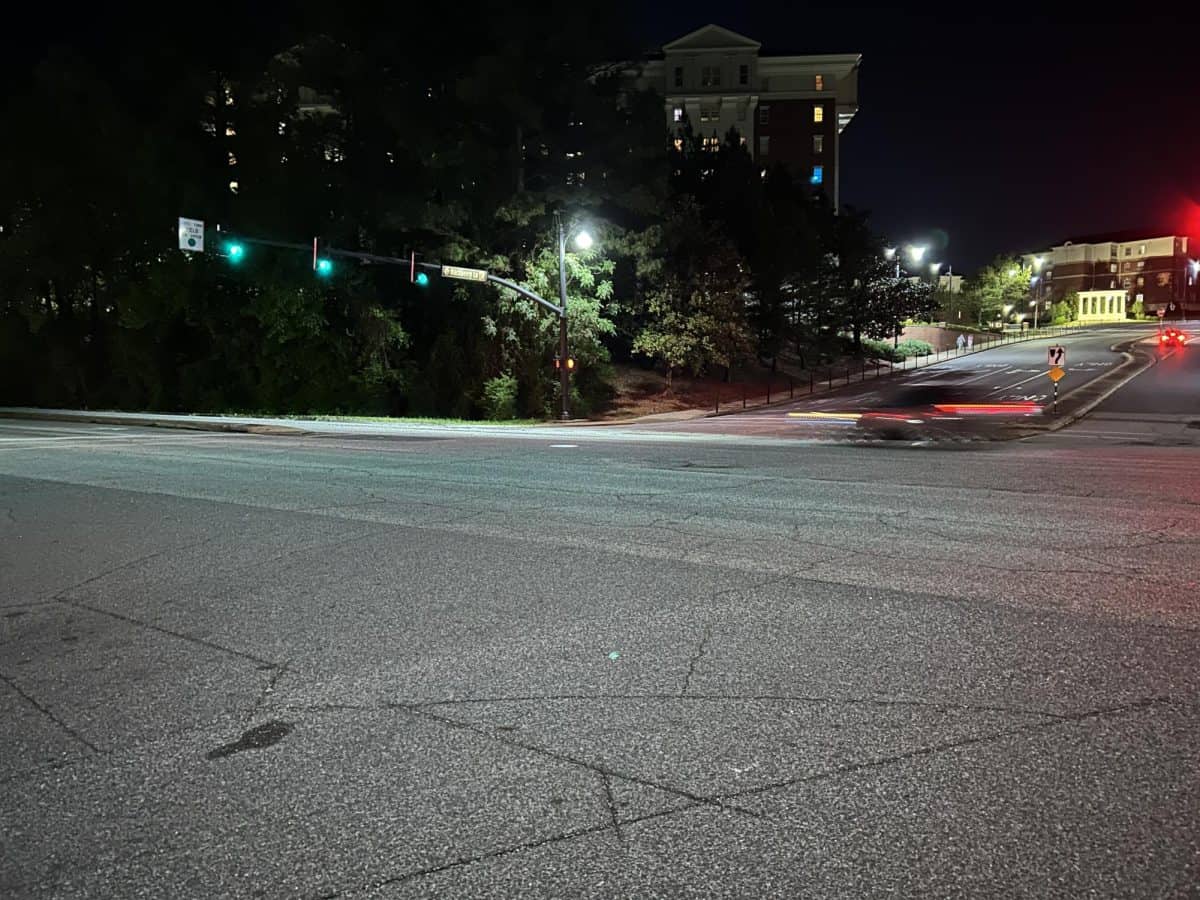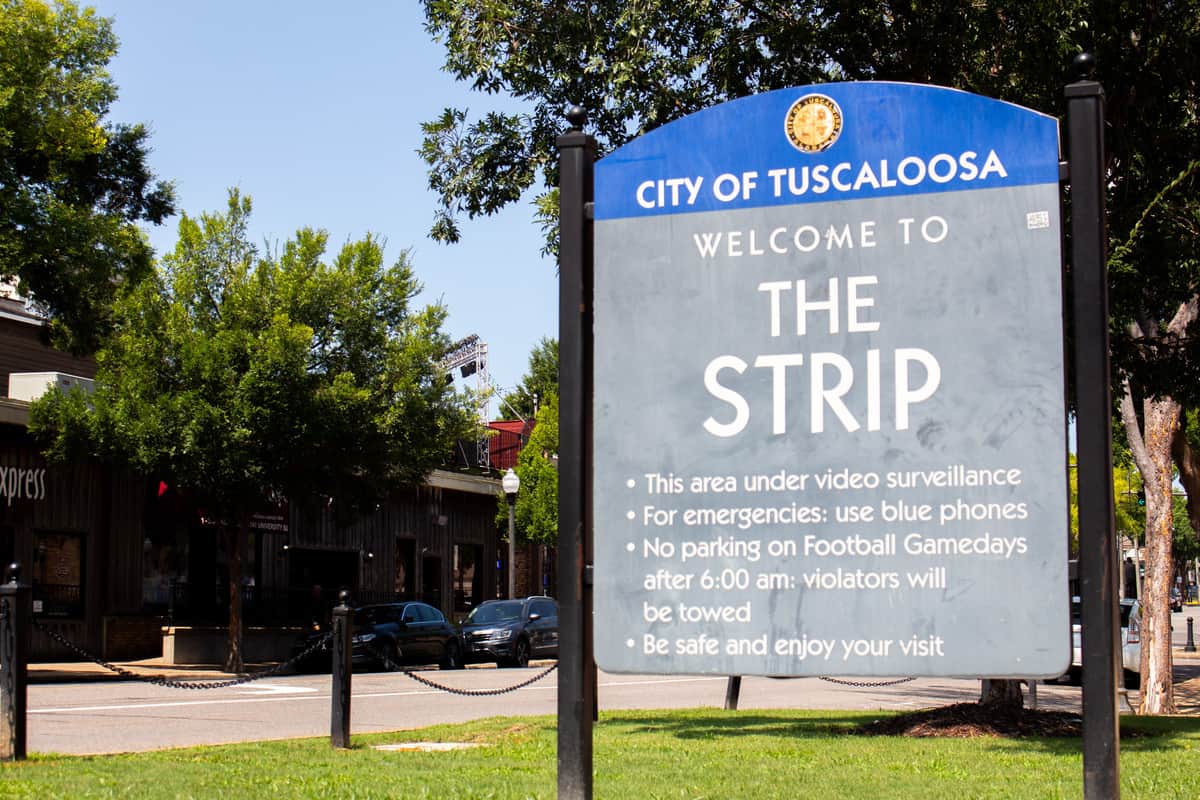The smells and sounds of April 27 still resonate with Richard Scott. As if the tornadoes ravaged the Southeast only yesterday, he can smell the stench of mud leftover from the passing rains, the sweet sap dripping from the mangled trees and the fusion of natural gas into the hazy air. He can still hear the jarring blend of sirens from police cars, ambulances, fire trucks and the emergency warning system that seemed to encircle him.
Scott, the 25-year-old chief meteorologist at WVUA in Tuscaloosa, still has nightmares about the power of the atmosphere after the severe weather that swept across Alabama in late April. Only three months before, Scott had been promoted at WVUA to fill the esteemed position as chief meteorologist.
“After three months as chief meteorologist, I saw April 15, 2011 break the record for the most tornadoes ever in the state of Alabama in a 24-hour period,” Scott said. “Then, April 27 came along and broke that record.”
Although a natural disaster jolted the beginning of his career, Scott knew the experience was what he had been preparing for his whole life.
“I’ve had a passion for weather as long as I can remember,” Scott said. “I’ve always enjoyed being outside, and I grew up watching the Weather Channel every day. There was nothing else I wanted to do.”
In high school, Scott decided to pursue a career in weather. Upon graduation, he worked at WVUA as an intern in 2006 under previous chief meteorologist Wes Wyatt. He was certain of a future in meteorology after the internship.
A couple of years later, he packed his bags and left his hometown of Lindon, Ala. for Mississippi State University. He decided to put his strong love for Alabama football on hold for his love of meteorology.
“I grew up an Alabama fan, but I love weather so much that football was not a problem,” said Scott. “I knew growing up what I wanted to do. My parents were all for it.”
During college, he joined several meteorological societies and became the first winner of the National Weather Association Broadcast Meteorology Scholarship. He graduated from Mississippi State with a degree in geosciences and a concentration in broadcast meteorology.
After graduation, Scott reconnected with WVUA in his short stint as the full-time weekend meteorologist and weekday producer in 2010. Six months later, he was offered the position of chief meteorologist. He assumed the role with ease.
“It’s interesting to work with someone who is enthusiastic about weather,” said Daniel Sparkman, the weekend meteorologist at WVUA. “Instead of friends who talk about what’s going on in the world, we are the friends who talk about what’s going on with the weather. He is always a good source to turn to because he is so knowledgeable about the weather.”
However, no experience or knowledge could prepare Scott for the severe weather of April 27.
“I, without a doubt, knew that the storm was coming, but there was nothing to stop it,” Scott said.
Scott used his television airtime, radio broadcasts and social media to warn civilians of the potentially life-threatening storm. He had to fight through his fear of the dangers severe weather can bring to inform people.
After the power went out during the storm, Scott watched the tornado pass outside of the WVUA offices, but he was overcome with a fear that his house and his roommate were hurt from the storm. He rushed home, still clad in a suit and microphone, to find that the house was severely damaged. His roommate had survived.
“My experience during the tornado was terrifying to say the least,” said Jonathon Newman, Scott’s roommate and WVUA director. “I just started praying to God to somehow let me live through it.
“I have to admit I was very happy to see [Richard] come around the corner of our neighborhood after the tornado hit. I could tell he was relieved to see me standing in our front yard when he arrived. He really is a good roommate.”
Following the storm, Scott continued to serve the Tuscaloosa community by reporting on updates in weather movements and teaching others of the safety precautions to take during severe weather.
“It is a true blessing to be okay after that storm,” Scott said. “Loss is hard, but you have to work with it. The storms of April 27 not only changed my career, but also changed my life. It brought me closer to God and my family. I now realize how precious life is.”







